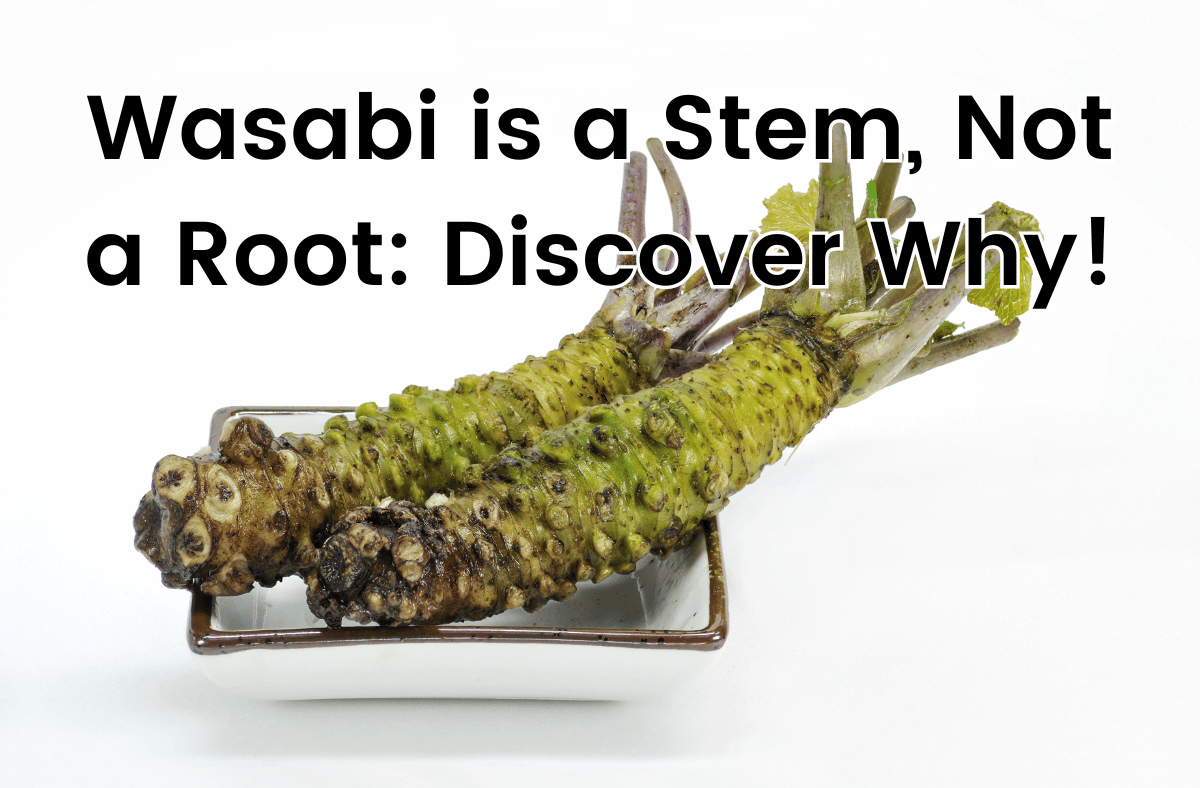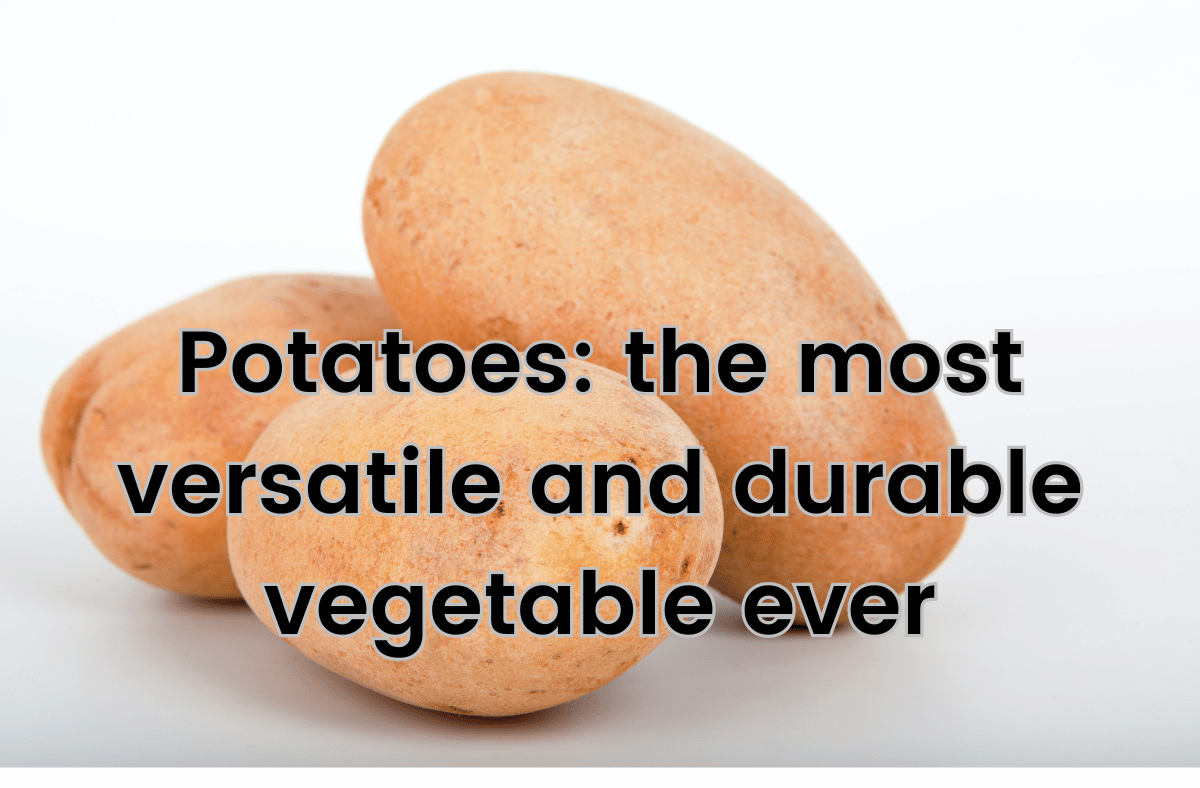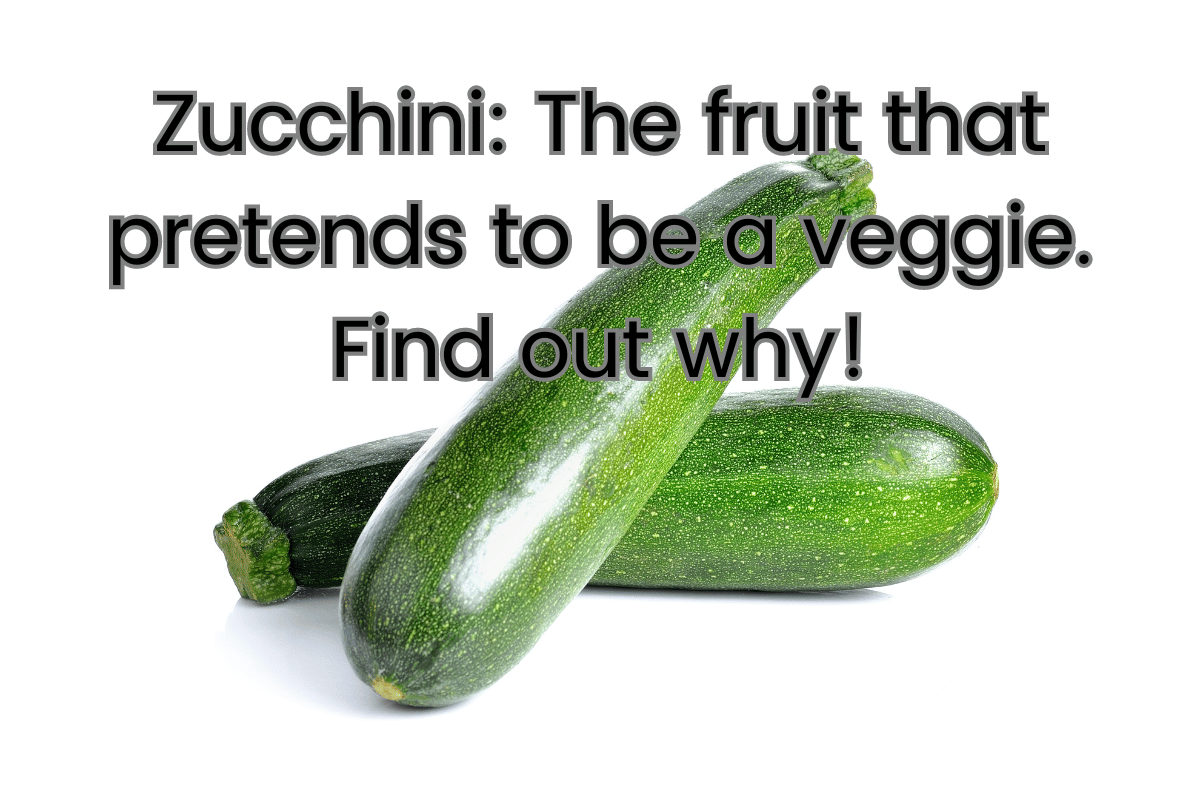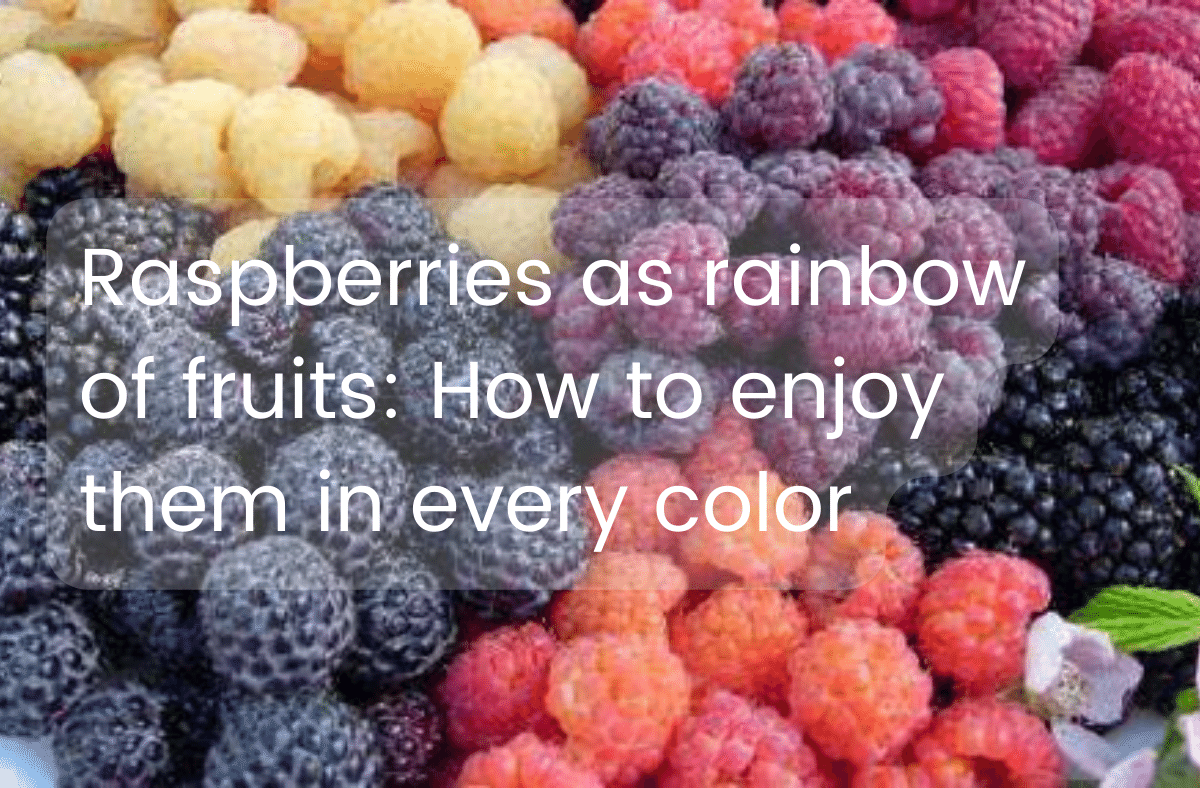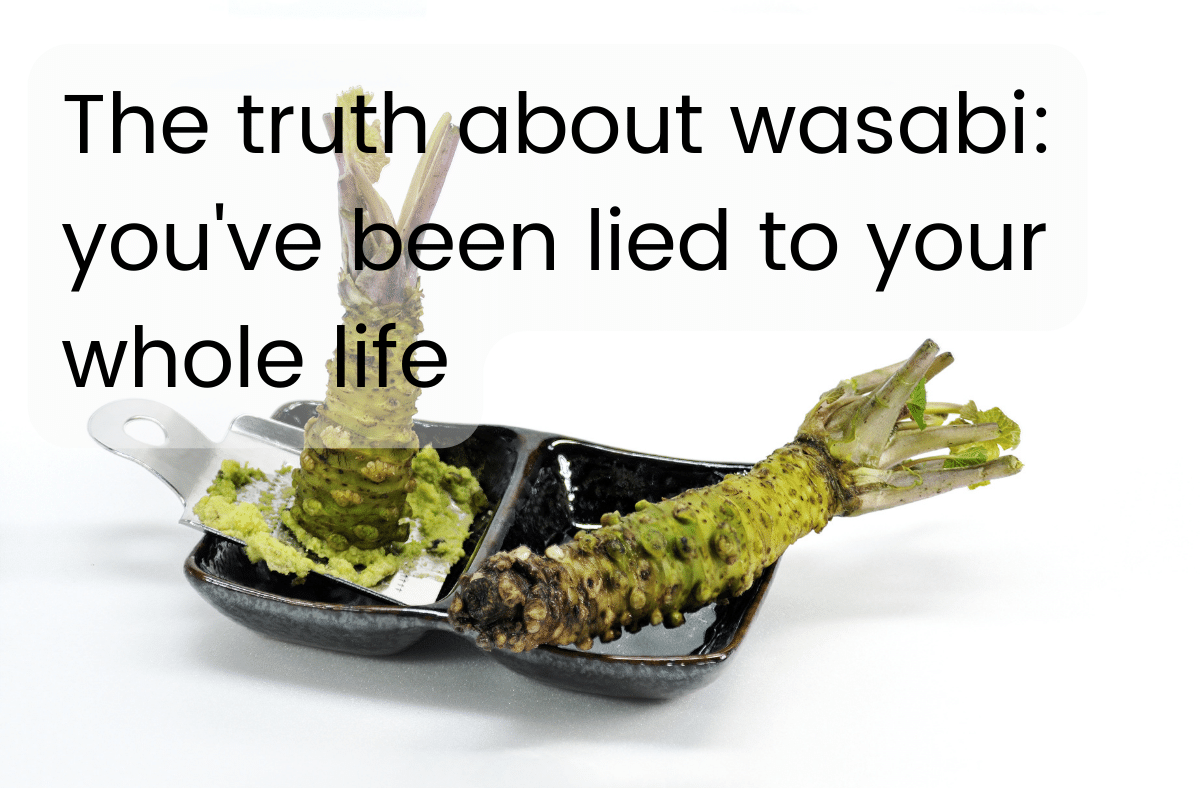For those in a hurry:
- Cauliflower is related to broccoli, cabbage, and brussels sprouts. They belong to the same plant family called Brassicaceae.
- It is rich in nutrients, antioxidants, and fiber. It can help prevent cancer, lower inflammation, and support digestion.
- Cauliflower is versatile and easy to cook. You can eat it raw, roasted, steamed, mashed, or made into rice, pizza crust, or soup.
Cauliflower: A Close Cousin of Other Cruciferous Veggies
You may have noticed that cauliflower looks a lot like broccoli. That’s because they are both members of the same plant family, Brassicaceae. This family also includes cabbage, kale, collard greens, and brussels sprouts. These vegetables are sometimes called cruciferous because they have four-petaled flowers that resemble a cross.
Cauliflower comes in different colors, such as white, green, purple, and orange. The white variety is the most common and has a mild and slightly nutty flavor. The green variety is also known as broccoflower and has a sweeter taste. The purple variety has more antioxidants than the white one and has a slightly earthy flavor. The orange variety is also rich in antioxidants and has a creamy and buttery texture.
A Nutritional Powerhouse
Cauliflower is not only delicious but also very healthy. It is low in calories and carbs but high in fiber, vitamin C, vitamin K, folate, and other minerals. One cup of raw cauliflower provides about 25 calories, 5 grams of carbs, 2 grams of fiber, and 77% of the daily value of vitamin C.
Cauliflower also contains phytochemicals called glucosinolates, which are responsible for its pungent smell and bitter taste. These compounds can be converted into other substances called isothiocyanates, which have anti-cancer effects. Studies have shown that eating cruciferous vegetables can reduce the risk of colorectal, lung, breast, prostate, and stomach cancers.
Cauliflower also has anti-inflammatory properties. It contains sulforaphane, a compound that can inhibit the activation of inflammatory genes and enzymes. Sulforaphane can also protect the brain from oxidative stress and neurodegeneration.
Cauliflower can also support your digestive health. It is rich in fiber, which can help prevent constipation, lower cholesterol levels, and feed the beneficial bacteria in your gut. Cauliflower also contains indole-3-carbinol (I3C), a compound that can modulate the activity of estrogen receptors and prevent hormonal imbalances.
Cauliflower: A Versatile and Easy-to-Cook Veggie
One of the best things about cauliflower is that you can enjoy it in many different ways. You can eat it raw as a snack or in salads. You can roast it in the oven with some oil and spices for a crispy and flavorful side dish. You can steam it and mash it with some butter and cheese for a low-carb alternative to mashed potatoes. You can grate it and cook it as rice for a gluten-free substitute to grains. You can blend it with some broth and cream for a creamy and comforting soup. You can even use it to make pizza crusts, breads, tortillas, or cakes.
Cauliflower is easy to prepare and cook. You just need to wash it well and cut off the stem and leaves. Then you can break it into florets or chop it into smaller pieces depending on your recipe. You can store cauliflower in the fridge for up to a week or in the freezer for up to six months.





